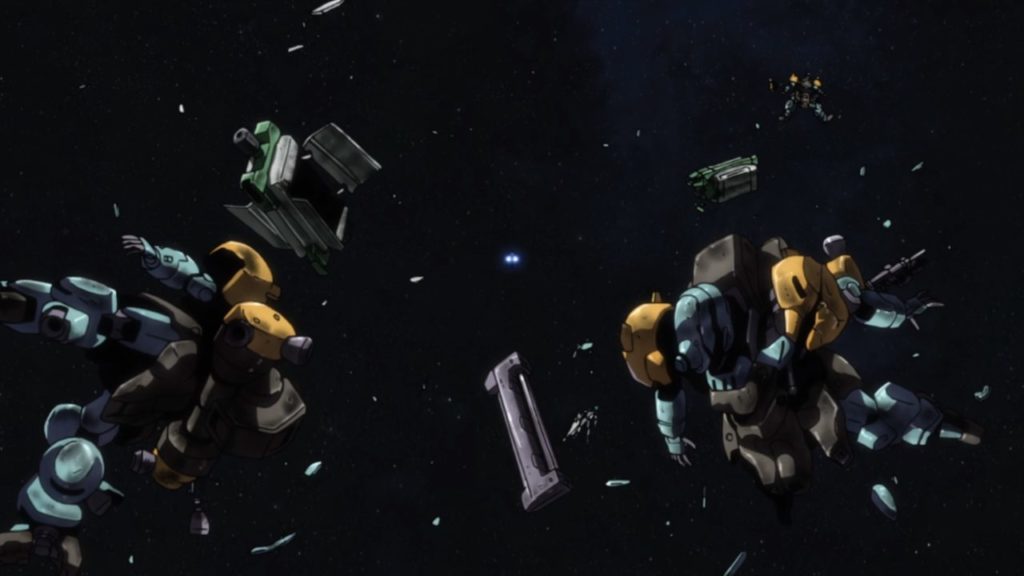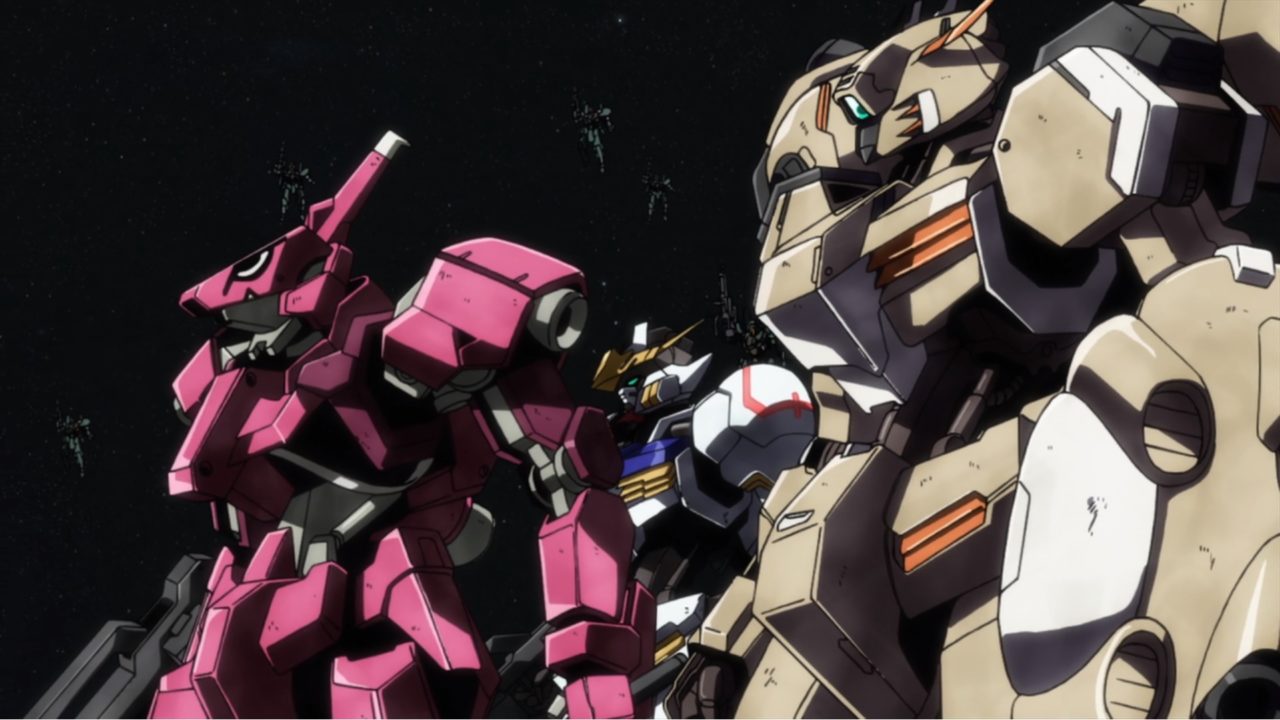There’s no escaping it. For all that we avoid talking about it in real life, it’s a prevalent part of a lot of our creative endeavours. How a show, film or game deals with the deaths of characters can often be a defining part of its perception. Game of Thrones is famous for its ruthlessness regardless of the importance of a character and, for a long time, the Marvel Cinematic Universe was criticised for the lack of death; particularly with regards to prominent/important characters.
So, when watching a series about militarised factions, political manoeuvring, organisations operating outside of the law and the use of child soldiers. War and battles are a major component of the story which means deaths are inevitable. Importantly, the deaths aren’t brushed aside. They’re critical to the narrative. They have lasting impacts on the characters that survive as they move forward. They aren’t killed willy-nilly in a way that would detract from the meaning and impact which is a good thing. That said, in Mobile Suit Gundam: Iron-Blooded Orphans, some deaths have more impact than others.
It’s the nature of the beast. We only have so much time which means we spend more time with some characters than others. Some of them are more important to the narrative, naturally that means there’s a difference when a more prominent character dies. There’s maybe three or four characters who won’t die until the story reaches its conclusion, so far they seem vital to whatever the form the final crescendo takes. However, I wouldn’t be surprised to see one of those characters go earlier than I expect depending on how the story continues to twist and turn.

A few destroyed Mobile Suits from one of many battles.
In fiction, as in reality, we wrestle with the questions of morality or philosophy that plague us. The most compelling stories are often ones that see characters navigate through events that challenge and/or change how they – and by extension, we – see the world. One of the philosophical questions that often crops up is: “What is a good death?” Wrapped as that question is, in so many other moral layers, there is no easy answer. Particularly where warfare is concerned. Is there honour to be found by dying in battle? Is that a fool’s errand? Does it matter? Dead is dead no matter how it comes to us.
Several prominent characters have died, but one in particular hit me in a way the others didn’t. Perhaps it is a bit of an outlier because it doesn’t happen in battle; they were shot and killed in a shop. After all the battles and everything else they’d been through, I honestly thought they’d make it to the final battle at least. In truth, I let my guard down. I was as surprised by it as the character was. Maybe not quite the same seeing as I wasn’t the one that died but I was shocked all the same.
I liked the character. Like most they didn’t want to die. They got good at fighting so they could live and keep their family and friends safe. They were tenacious without being reckless. Valiant without being stupid. They wanted to live, but if they had to die, I can’t help but feel that they’d have preferred to die fighting. Die for their family or friends. Die for something. Any avoidable death is a waste of life. I don’t know if I believe that there’s any extra value in dying “with honour” but I do believe there is value in dying on your own terms. I know I’d prefer to go in the comfort of my own home, rather than in a hospital. We don’t know what, if anything, awaits us when that time comes. I guess it’s the naivety of human nature to want to control things right until the end.
Death is death, no matter how it finds us.
Mobile Suit Gundam: Iron-Blooded Orphans is available to stream now in the UK on Netflix & Funimation Now.








